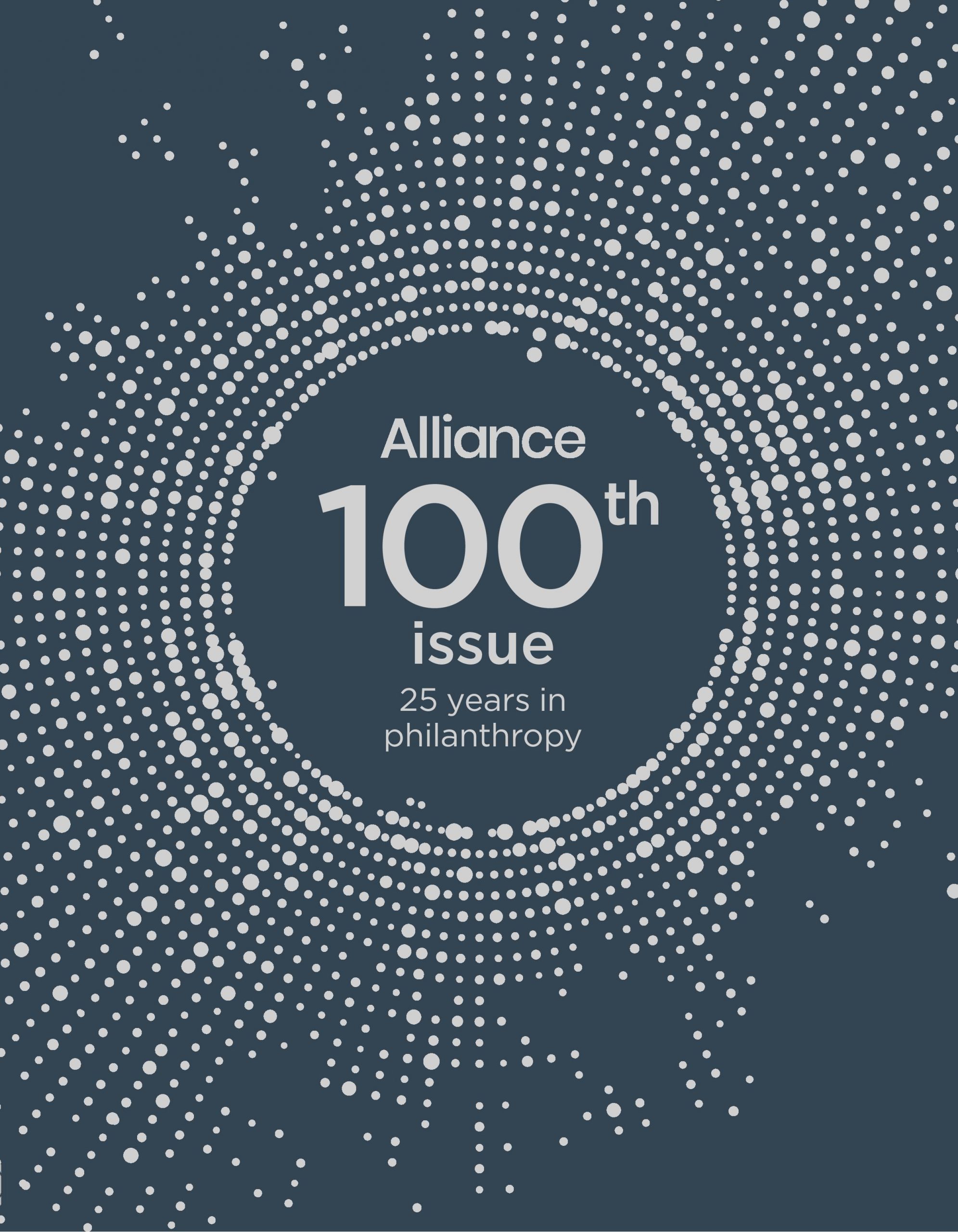Wealthy Africans should do much more to solve the continent’s problems as inequality continues to grow
There seems to be no limit to the growth of inequality in the world in general, and in Africa in particular the situation resembles a ticking bomb. Despite this, wealthy African philanthropists still seem to be overly cautious, taking careful consideration as to how, who and how much they give and for what causes. A bolder approach is needed if the ticking bomb is to be defused.
Inequality grows
According to Oxfam, in 2019 the gap between the rich and the poor in Africa remained greater than in any region of the world apart from Latin America and it continues to grow. Africa is home to seven of the most unequal countries in the world, Swaziland, South Africa, Nigeria, Namibia, Botswana, Mauritius and Central Africa Republic. Income inequality in these countries is worsening. In Swaziland, the wealthiest man is worth $4.9 billion. He is the only billionaire in the country. Oxfam estimates that if he worked in a restaurant, it would take him about 5.7 million years to achieve the wealth he has currently. It is not just income inequality that is ballooning in Africa but wealth inequality too. As of June 2021, three of Africa’s top own more wealth than 50 per cent of the entire population of more than a billion. In other words, three people have more than 650 million. According to the World Bank, in 2030 Africa will be home to a large proportion of the world’s extreme poor if current trends are not curbed.
Subscribe now from only £45 a year!
This article is only available for our subscribers
Existing users can login here






